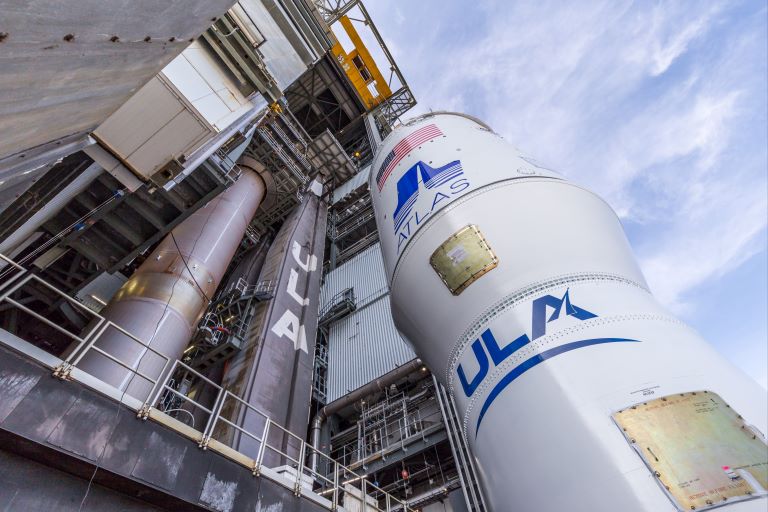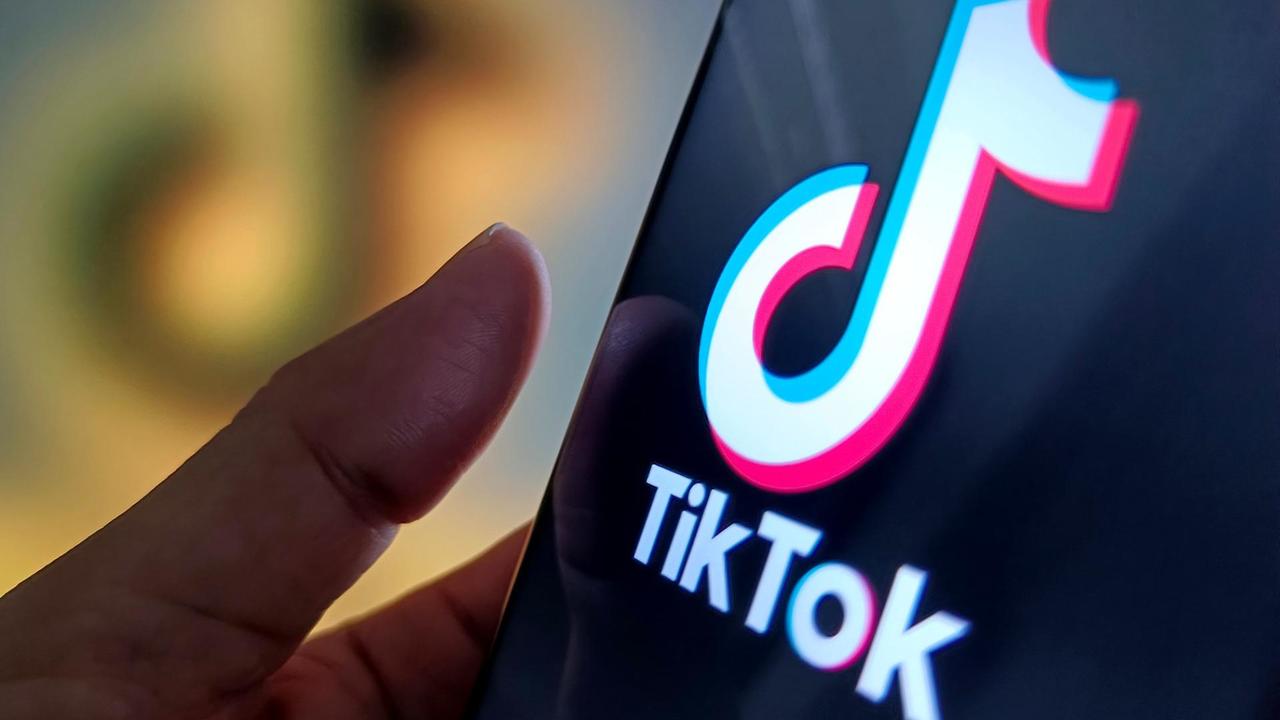Amazon has officially entered the satellite broadband industry with the successful launch of its first set of Project Kuiper internet satellites on Monday.
The mission, dubbed Kuiper Atlas 1, lifted off from Cape Canaveral Space Force Station in Florida at 7:00 pm local time or midnight Nigerian time, carried by a United Launch Alliance (ULA) Atlas V rocket.
The launch has 27 Kuiper satellites placed into low Earth orbit, after a previous delay caused by poor weather conditions.
Project Kuiper, a subsidiary of Amazon, wants to deploy over 3,200 satellites as part of a $10 billion initiative to provide global internet coverage.
Although the service is not yet operational, Amazon has assured that a full rollout is planned for later this year. The company has also hinted at competitive pricing, aligning with its broader retail strategy.
“This launch marks a new era in internet connectivity,” stated Caleb Weiss of ULA, highlighting the significance of Amazon’s move into satellite communications.
Competing with SpaceX’s Starlink
Amazon’s entrance into the satellite internet market positions it as a direct competitor to SpaceX’s Starlink, which has already made significant strides in global broadband connectivity.
Since its first satellite launch in 2019, Starlink has deployed more than 6,750 satellites into orbit and currently serves over five million users worldwide.
The service has also played a key role in emergencies, providing connectivity in crisis zones such as earthquake-hit Morocco and war-torn Ukraine.
To accelerate deployment, Amazon has secured more than 80 launch slots across multiple providers, including ULA, Arianespace, Jeff Bezos’s Blue Origin, and even SpaceX—its direct competitor.
Kuiper satellites will join existing low Earth orbit systems, including OneWeb from Europe and China’s Guowang constellation.
However, there are concerns regarding orbital congestion, potential collisions, and interference with astronomical of the increasing number of private satellites in space.
The growing influence of private space companies is also generating geopolitical tensions. Starlink, in particular, has been at the centre of global affairs due to its involvement in Ukraine’s military communications.
While Amazon’s Kuiper initiative adds another powerful player to the satellite internet race, it also brings increased competition and scrutiny as the industry continues to evolve.
Like 👍, Comment, share this article, and Follow us on our social media handles.








